What Kind of Support Is Available during Omicron?
1 February 2022, the government announced another range of financial support schemes to help businesses through the Omicron outbreak. Here are the highlights of these schemes, as well as a reminder that your SBCS loan may be repayable soon, if applicable.
Government Support When Staff Needs to Isolate
If your employees need to isolate, either because they contracted Covid or because they’re a close contact of someone who tested positive, you’ll be able to apply for one of the support schemes to help pay for your employees’ wages.
There are two schemes available, and for both, your employee needs to be unable to work from home.
1. Short-Term Absence Payment
This is a once-off payment for any employee who needs to isolate for a short period of time. The payment is $359, and can only be claimed once per employee in any 30-day period, and the money should be used to pay the employee’s wage.
This support is available when the employee…
- Is required to isolate while waiting for a Covid-19 test result
- Is looking after someone who is waiting for a test result
- Lives with someone who has been to a location of interest and must isolate while waiting for a negative test result
2. Leave Support Scheme
This support scheme is for staff who need to isolate for a longer period of time, and for at least 4 consecutive days. A weekly amount of $600 will be paid for full-time employees (20+ hours) and $359 for part-time employees.
The support is available when an employee…
- Tested positive for Covid-19, is a close contact of a positive case, has been advised to isolate due to medical reasons, or is looking after someone who needs support to self-isolate.
If your employee needs to isolate for more than 11 calendar days, you can apply for a second week’s payment, as well as further support for every seven days of self-isolation.
Read this article for more guidance about the different requirements for businesses and who needs to self-isolate.
Completing a Declaration
You will need to complete and sign a declaration should you want to apply for any of the two support schemes. You can find more details and the link to apply here:
As always, we’re here to assist you if you need help with your applications.
Financial Support for Businesses Struggling Because of Omicron
It was announced yesterday that the government will introduce another support payment scheme for struggling businesses. This is still fresh off the press, so we don’t have all the details yet, but here is some information:
- Payment would be $4,000 per business, plus $400 per full-time employee. This will be capped at 50 full-time staff, or $24,000.
- Payments will be available fortnightly, for six weeks. In other words, there will be three payments in total available.
- Businesses must show a 40% decrease for seven consecutive days, within the six weeks before shifting to phase two on 15 February.
- Applications open on 28 February for the first payment.
You can find the press release here.
IRD Business Loan Repayment
If you’ve taken out a loan under the COVID-19 Small Business Cashflow Scheme (SBCS) in the early days of Covid, you may need to start thinking about repayments. The loans are repayable within five years, with the first two years interest-free. If you don’t repay the loan within two years, IRD will start to charge you 3% interest. This interest will be backdated to the loan drawdown date, which means you’ll pay 3% interest on the first two years as well.
So if you can, you may want to think about repaying the loan in full before the 2-year anniversary date. If you can’t repay the whole loan yet, you need to start making regular repayments for both the interest and principal loan.
For more information, you can read this article.
It was also announced yesterday that the government is going to make changes to this scheme. Although we don’t have all the details yet, this is what we could gather so far:
- A top-up loan to the amount of $10,000 will be available for firms that already accessed a loan previously.
- The repayment period will be five years, with the first two years interest-free.
- For anybody taking up an additional loan, the accrued interest for the first two years of the initial loan will be removed. Interest would only start accruing at the start of year three.
